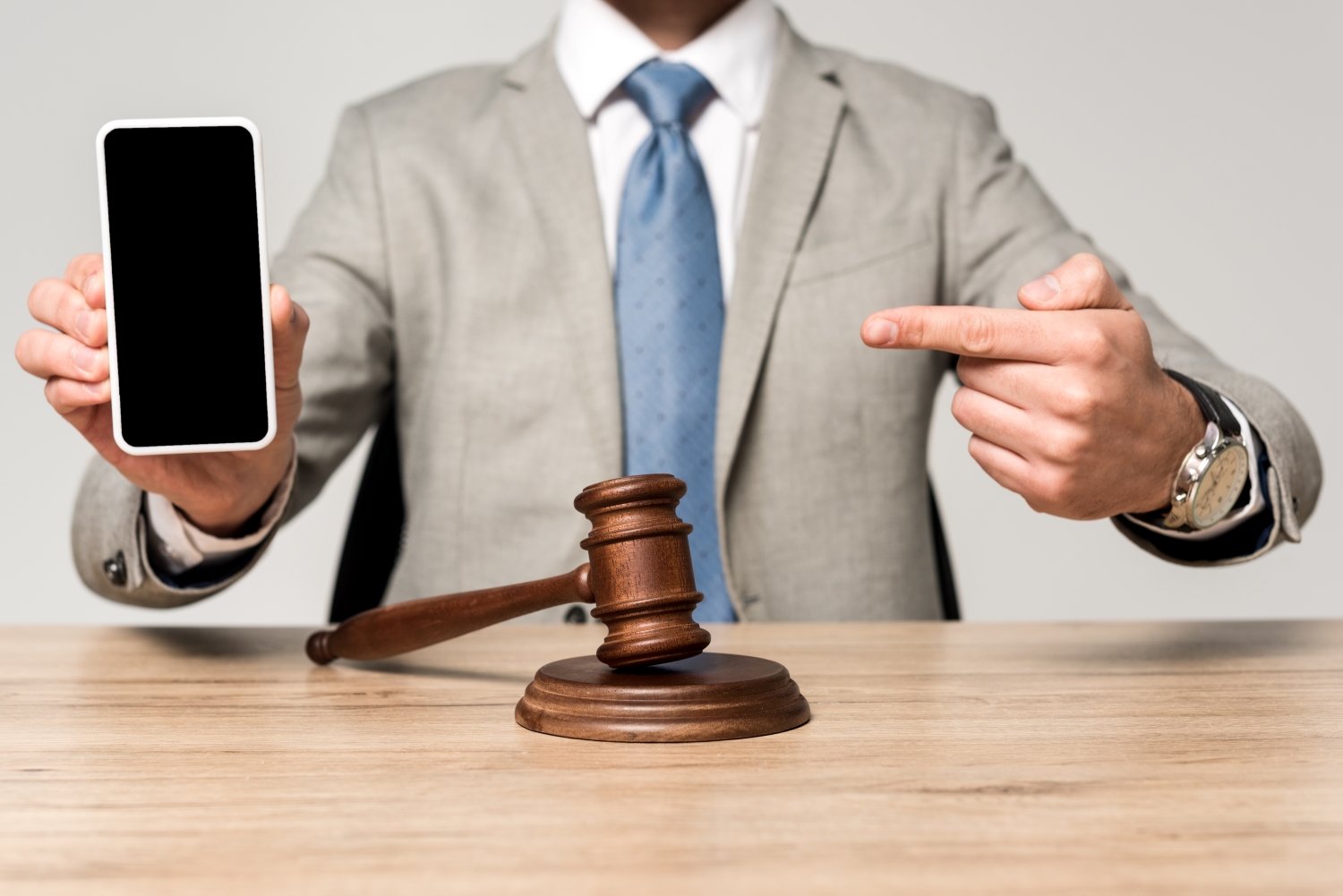The patent infringement saga between the California Institute of Technology (Caltech) and tech giants Apple and Broadcom has seen its fair share of twists and turns over the past seven years. This high-stakes dispute began in 2016 when Caltech alleged that Apple and Broadcom had infringed four of its patents related to IRA/LDPC encoding and decoding technology, a key component of 802.11n and 802.11ac wireless connections found in Apple devices.
At the heart of this dispute lay Broadcom’s Wi-Fi chips, millions of which have been used in iPhones, iPads, Apple Watches, and other devices, allegedly violating Caltech’s data-transmission patents. The four patents in question include US7421032, US7116710, US7916781, and US8284833. The inventors on these patents included Caltech professor Robert J. McEliece, and two graduate students Hui Jin, and Aamod Khandekar. The invention was an approach to efficiently prevent and correct errors generated when sending data across information channels like Wi-Fi. The simplification of data encoding and decoding leads to improved data transmission performance. While these four patents have since expired, there remains a period of time when the patents were in force, during which Apple/Broadcom were making products that were claimed to use Caltech’s patented technology.
Apple initially positioned itself as “merely an indirect downstream party” due to its reliance on Broadcom’s chips, arguing that it did not create the infringing technology. However, this argument was dismissed during the 2020 trial, resulting in a hefty fine of $838 million for Apple and a $270 million fine for Broadcom. Yet, the companies did not back down, appealing on the grounds of “multiple legal errors” and managed to have the damages rescinded in the second trial in 2022, although the patent infringement ruling stood.
Fast forward to June 2023, the U.S. Supreme Court just declined the bid by Apple and Broadcom to challenge Caltech’s data-transmission patents. The court upheld the lower court’s ruling that prevented the companies from disputing the validity of the patents. Both companies had failed to raise these arguments in their petitions for review of the patents at the U.S. Patent and Trademark Office, leaving them with no grounds to contest their validity at this stage.
Apple and Broadcom were denied a retrial over the patent infringement but have been granted a new trial (date to be determined) to examine and reconsider the previous $1.1B amount awarded to Caltech. But what does this portend for Apple and Broadcom? Will this decision ultimately impact their operations and financial health?
Interestingly, the case also casts a spotlight on the larger relationship between Apple and Broadcom, with the latter estimated to derive 20% of its revenue from Apple. Moreover, Caltech has extended its legal pursuits to other tech corporations such as Microsoft, Samsung, Dell, and HP, accusing them of infringing the same patents. Only time will tell how these cases progress. The Caltech v Apple/Broadcom case has further sparked public debate over whether a university should enforce in this manner, whether Apple was wronged in the case (since they purchased chips from Broadcom), and whether Apple and Broadcom attempted to strongarm the court process to their benefit. The law has spoken, but the court of public opinion loves to continue the quarrel. What are your views on the case, and the application of law vs ethics?
[On a personal note, I did not have the honor of taking any of Robert McEliece’s classes while at Caltech, but he was teaching there during my undergraduate study years. Had I continued to pursue electrical engineering instead of switching to environmental engineering, I very well might have taken his classes on information theory and error-correcting codes. Professor McEliece was known (he sadly passed away in 2019) as a brilliant mathematician and his work in error-correction, which the four disputed patents was part of, is still highly applicable today, and a testament to his remarkable intellect.]

